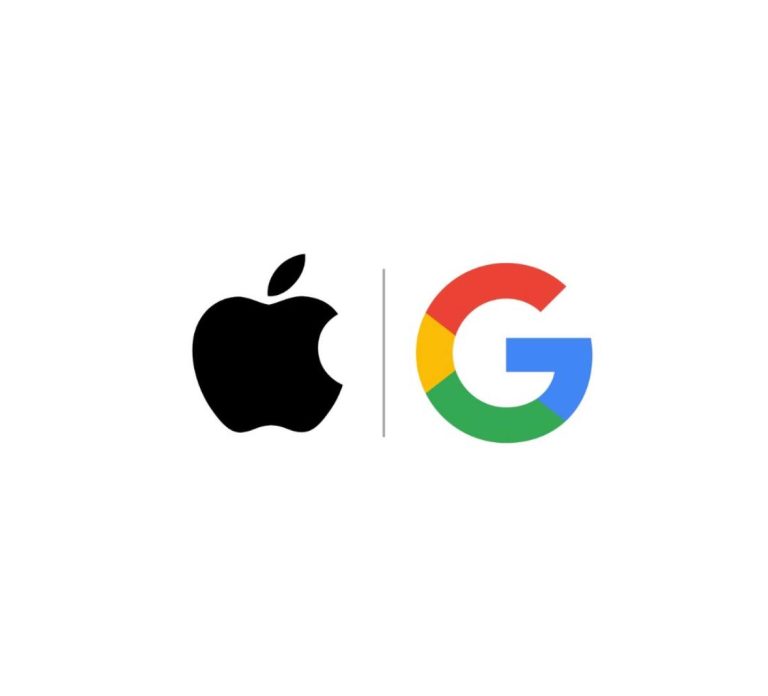16 Billion Passwords Leaked in Historic Cyber Breach: What You Need to Know
In what experts are calling the largest data breach in history, over 16 billion passwords linked to major tech platforms—Apple, Google, Facebook, Microsoft, and Amazon—have been leaked online.
The massive breach was uncovered on a dark web forum and is believed to be a compilation of login details from both recent and older hacks, phishing attacks, and exposed databases. Cybersecurity researchers have dubbed it the “Mother of All Breaches” (MOAB) due to its scale and severity.
“This is not just a big leak — it’s an unprecedented threat to global digital security,”
– David Marcus, cybersecurity analyst at CyberWatch360
What’s at Risk?
The leaked database reportedly contains access to:
-
Email accounts
-
Cloud storage services
-
Social media platforms
-
Banking and finance apps
-
Healthcare portals
Worryingly, many of these credentials are still active and unprotected.
How Tech Giants Are Responding
In response, companies like Apple, Google, Meta, and Microsoft are urging users to:
-
Change passwords immediately
-
Enable multi-factor authentication (MFA)
-
Watch out for phishing emails or suspicious login attempts
Some affected services have already started resetting compromised accounts and notifying users.
Cyber Experts Warn: Act Now
If you’ve ever reused a password across multiple accounts, your data may already be exposed. Cybersecurity experts advise taking action immediately.
How to Protect Yourself
To reduce your risk:
-
Use strong, unique passwords for every account
-
Turn on MFA wherever possible
-
Consider a password manager to keep track of your logins
-
Stay alert for phishing emails and fake login pages
A Wake-Up Call for Africa’s Digital Rise
As Africa accelerates its digital transformation, this breach is a stark reminder of the importance of cyber hygiene. Individuals and businesses must adopt stronger password practices to safeguard their money, identity, and data.
Online security starts with you. Update your passwords today.

